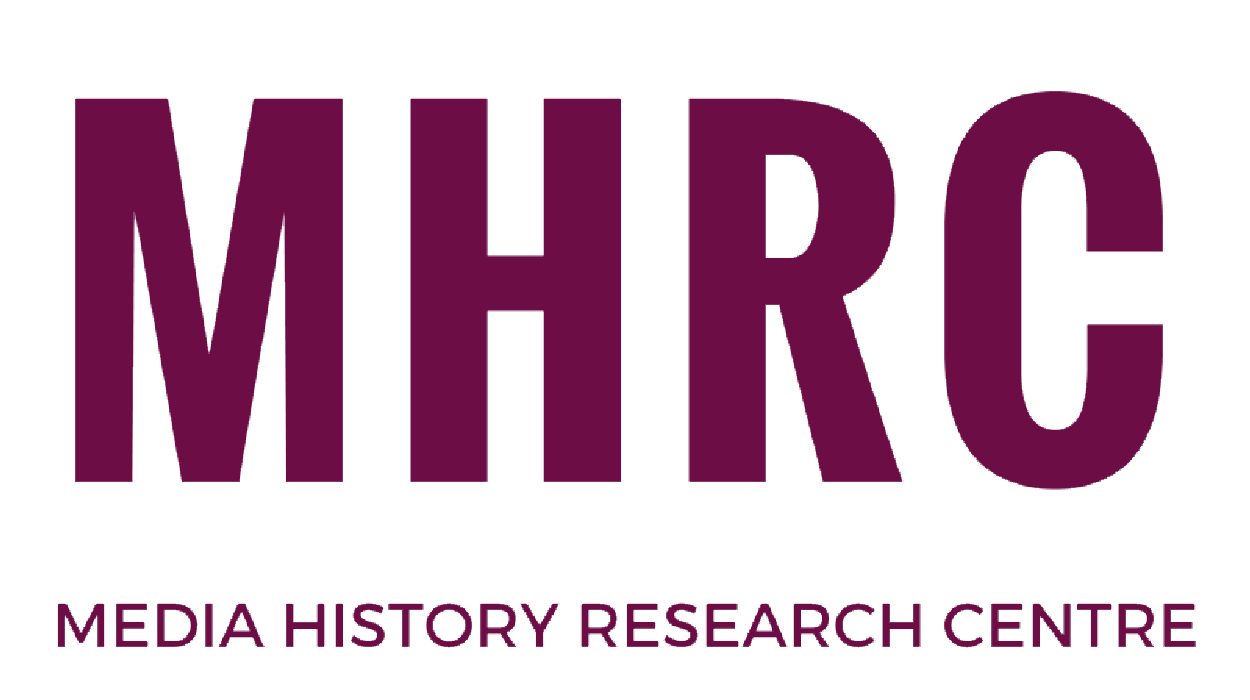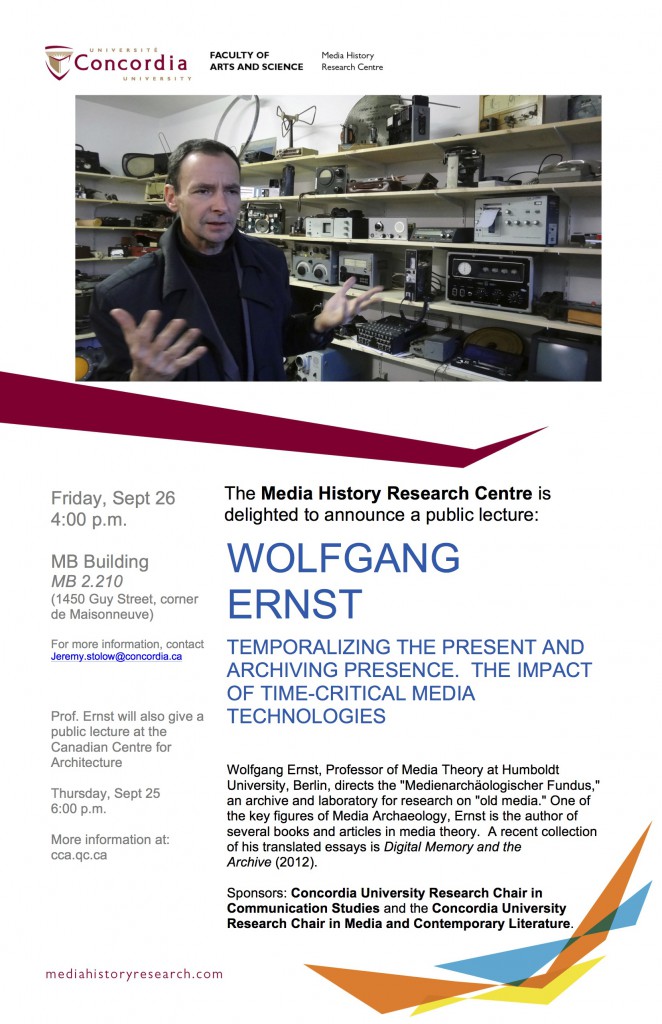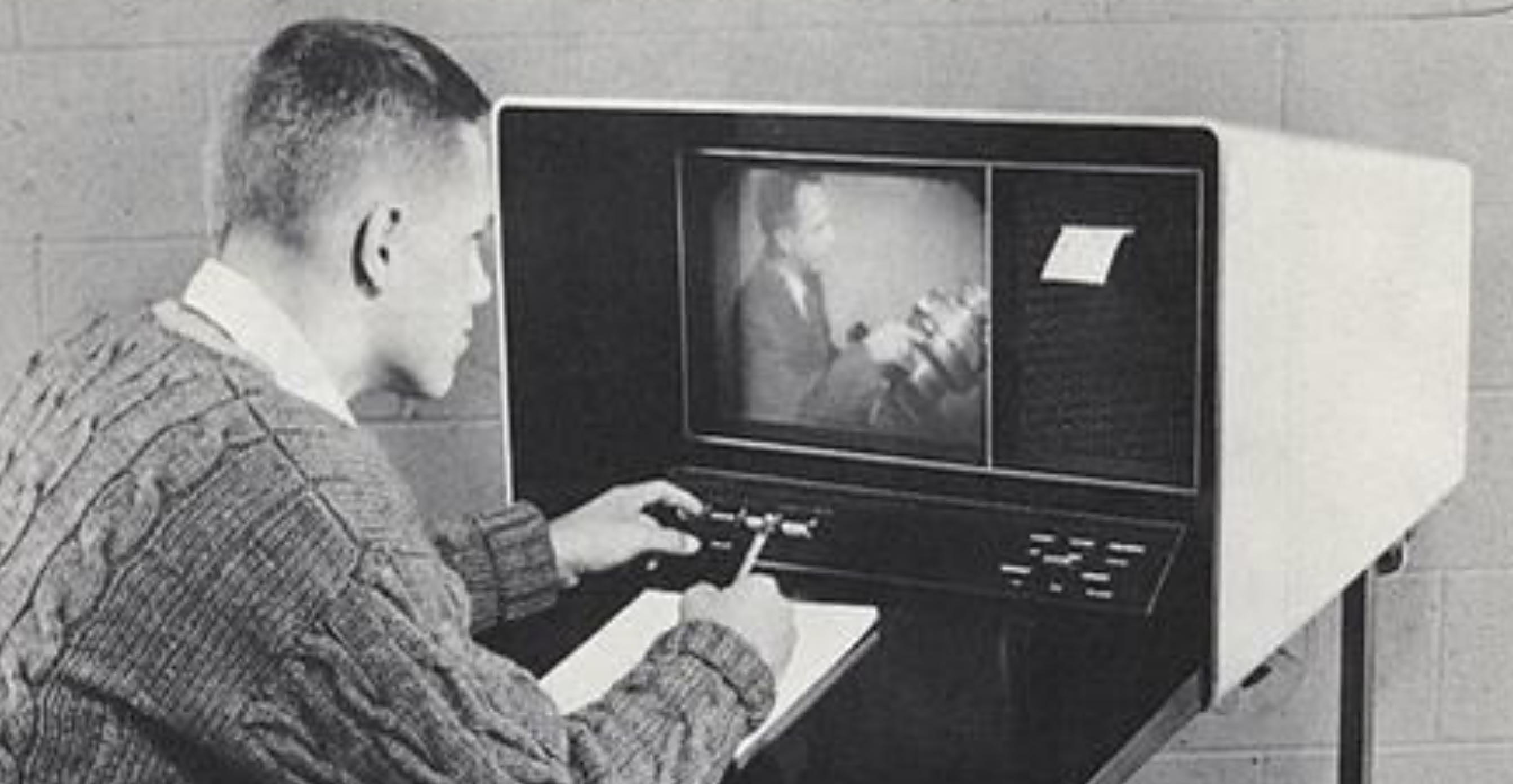
Irene Lusztig: The Motherhood Archives
The Media History Research Centre and the Feminist Media Studio, in conjunction with Rencontres internationales du documentaire de Montréal, are pleased to bring you a special talk by Irene Lusztig on her archival compilation film The Motherhood Archives, including a screening of a portion of the film.
Assembling an extraordinary archive of over 100 educational, industrial, and medical training films (including newly rediscovered Soviet and French childbirth films) The Motherhood Archives (2013) inventively untangles the complex, sometimes surprising genealogies of maternal education. From the first use of anesthetic ether in the 19th century to the postmodern 21st century hospital birthing suite, The Motherhood Archives charts a fascinating course through the cultural history of pain, the history of obstetric anesthesia, and the little-known international history of the natural childbirth and Lamaze movements. Revealing a world of intensive training, rehearsal, and performative preparation for the unknown that is ultimately incommensurate with experience, The Motherhood Archives is a meditation on the maternal body as a site of institutional control, ideological surveillance, medical knowledge, and nationalist state intervention.
Irene Lusztig is a filmmaker, media archeologist, and amateur seamstress. Her film and video work mines old images and technologies for new meanings in order to reframe, recuperate, or reanimate forgotten and neglected histories. Using hybrid formal strategies and combining visual textures (including digital video, Super 8 and 16mm film, and found / archival materials) her work investigates the production of personal, collective, and national memories. Her work has been screened around the world, including at MoMA, Museum of Fine Arts Boston, Anthology Film Archives, Pacific Film Archive, IDFA Amsterdam, and on television in the US, Europe, and Taiwan. She teaches filmmaking at UC Santa Cruz where she is Associate Professor of Film and Digital Media.
Monday, November 17, 2014, 4:30 pm
CJ Building, Room 1.114
Concordia University
Co-sponsored by:
Concordia University Research Chair in Communication Studies
Concordia University Research Chair in Media and Contemporary Literature
Canada Research Chair in Feminist Media Studies
Rencontres internationales du documentaire de Montréal
Media History Research Centre
FEMINIST MEDIA STUDIO /
For more information:


